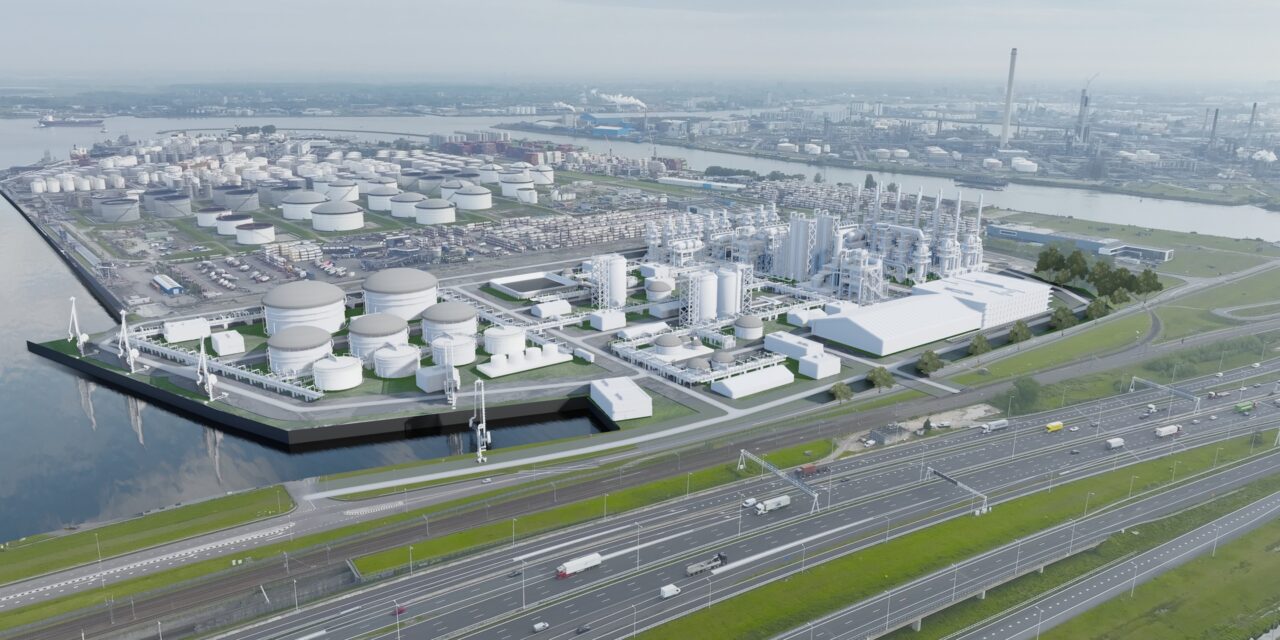Power2X and Honeywell Collaboration in eFuels Rotterdam Project for Sustainable Aviation Fuel
Key Ideas
- Power2X and Honeywell are collaborating to implement eFining technology for sustainable aviation fuel production in Rotterdam using green hydrogen and biogenic carbon.
- The eFuels Rotterdam project aims to produce over 250,000 tonnes per year of eSAF, contributing significantly to Europe's energy transition and aviation decarbonization goals.
- Honeywell's eFining technology can reduce greenhouse gas emissions by 88% compared to conventional jet fuel, meeting ambitious European fuel mandates.
- The project highlights the importance of technology, like eFuels, in shaping the future of aviation and energy transition towards more sustainable practices.
Power2X, based in Amsterdam, Netherlands, has partnered with Honeywell to introduce Honeywell UOP’s eFining methanol-to-jet processing technology in the eFuels Rotterdam project. This initiative aims to establish a substantial production and storage center for sustainable aviation fuel and synthetic, ultra-low carbon fuels in the Port of Rotterdam. The facility will utilize locally produced green hydrogen and imported methanol made from green hydrogen and biogenic carbon to create electrofuels (eFuels) that can displace fossil fuels.
eFuels are produced by combining green hydrogen and carbon dioxide to create eMethanol, which can be further converted into sustainable fuels like eSAF or other synthetic drop-in fuels. The collaboration underscores the role of advanced technology in driving the aviation sector and energy transition, aligning with Honeywell's strategic goals.
The Power2X facility is expected to have the capacity to manufacture over 250,000 tonnes of eSAF annually, aiding in the decarbonization of the aviation industry. Honeywell's eFining technology plays a crucial part in this production process by ensuring low emissions and high efficiency in converting methanol into eFuels.
Honeywell's eFining technology is recognized for its ability to significantly reduce greenhouse gas emissions, offering an 88% reduction compared to traditional jet fuel. This innovation helps airlines comply with stringent European fuel regulations, such as the ReFuelEU Aviation Regulation, which mandates increased usage of sustainable aviation fuel from 2030 onwards.
The eFuels Rotterdam project is poised to be a key player in Europe's energy transition, aiming to supply a significant portion of the required eSAF volume when operational. Power2X, as a prominent player in the green energy sector, focuses on developing clean hydrogen and its derivatives to support decarbonization efforts and foster sustainability in the aviation industry.
Topics
Aviation
Aviation Industry
Sustainable Energy
Carbon Reduction
Technology Advancement
European Regulations
Latest News
